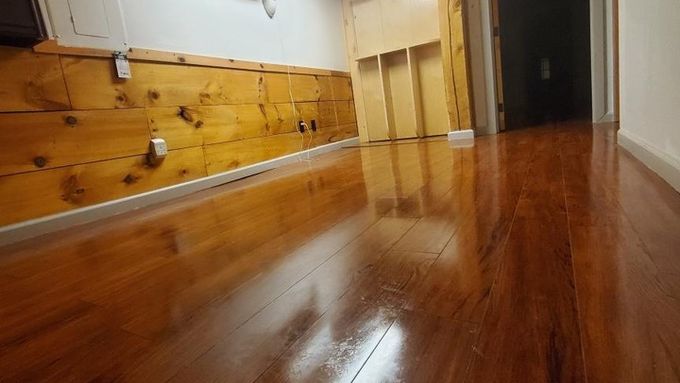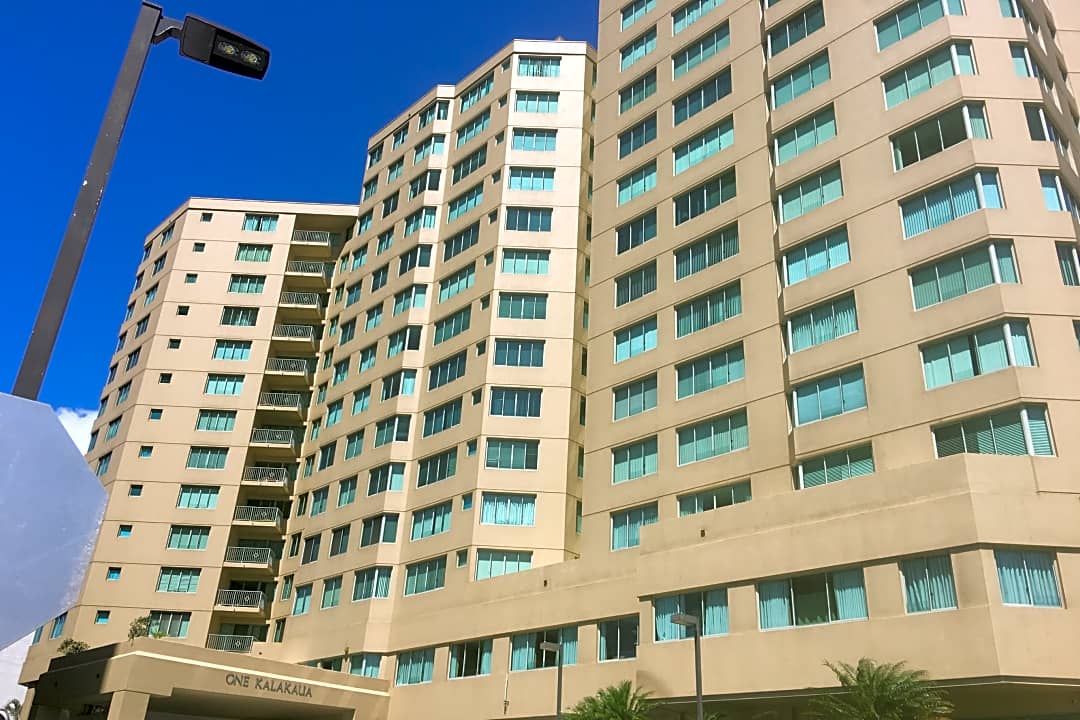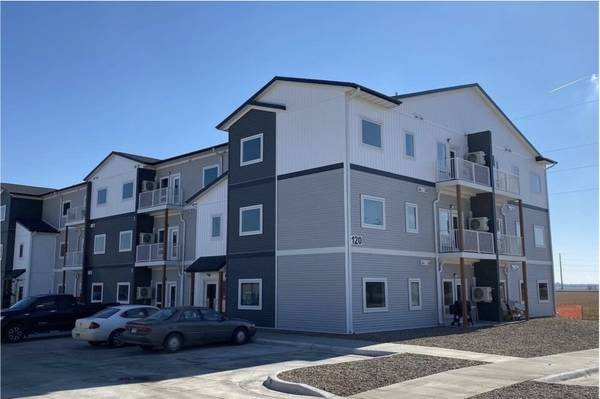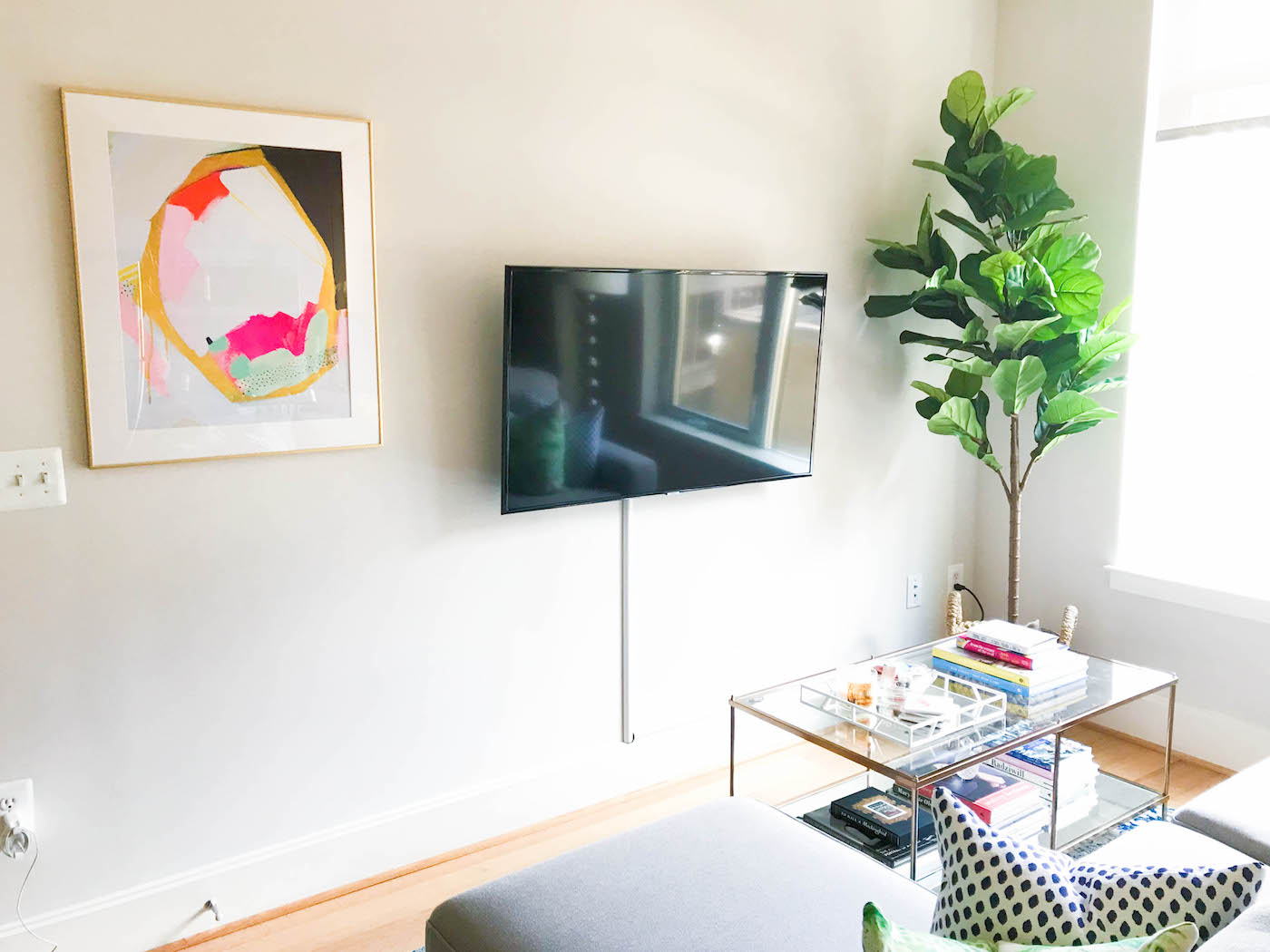Finding an affordable place to live in The Big Apple can be a daunting task, especially if you’re looking for something as a student. However, with the right preparation and research, it’s entirely possible to achieve your dream of calling New York City home. Struggling to figure out where to begin? Don't worry — this blog post contains all the tips for renting an apartment in NYC as a student! Keep reading on to find out how you can grab ahold of your desired place without breaking the bank.
How To Rent an Apartment in NYC as a Student
1. Figure out who you will be living with
Decide if you want to live alone or with roommates. If you're new to the city, we suggest finding a compatible roommate to explore and learn with. Sharing the cost of rent and utilities will also make it much more affordable. If you don't know anyone in the area, consider using social platforms to find a roommate, but be sure to take precautions and establish a roommate agreement. With the right planning and preparation, you can find the perfect living situation to further your studies and adventures in the Big Apple.
For students who prefer living alone, I recommend looking for loft-like studios or junior one-bedrooms near public transportation. These types of apartments are more affordable and offer a spacious feel. Having a sleeping loft or nook can create some division between the living and sleeping areas. Living near transit makes exploring New York easier for out-of-town students.
If you're considering living with a roommate, a 'flex' one-bedroom is an option. These apartments can be converted into larger units by using temporary walls or dividers. However, make sure to obtain landlord approval before signing the lease. True two-bedrooms provide the most comfort, with equal-sized bedrooms and ample living space.
2. Decide where you want to live
Determining affordable living costs in New York City can be challenging, but there are some neighborhoods that offer relatively cheaper options for students. Here are a few areas known for their more affordable living costs:
The Bronx: The Bronx is one of the boroughs where you can find relatively lower rental prices compared to Manhattan or parts of Brooklyn. Neighborhoods like Fordham, Morrisania, and Hunts Point offer affordable housing options for students.
Queens: Queens is a diverse borough with various neighborhoods that offer more affordable living options. Areas like Jackson Heights, Flushing, and Elmhurst provide a range of affordable apartments and have access to public transportation.
Brooklyn: While Brooklyn, as a whole, has become more expensive over the years, there are still neighborhoods that offer relatively affordable living options. Areas like Sunset Park, East New York, and Bushwick are known for their lower rental prices compared to trendy neighborhoods like Williamsburg or DUMBO.
3. Determine Your Budget and Explore Housing Options
After narrowing down your preferred neighborhoods, it's crucial to assess your budget and affordability. Keep in mind that different areas of NYC vary widely in terms of expenses. Consider what you can comfortably afford while keeping your budget limitations in mind. Some neighborhoods may require compromises, such as a longer commute, limited living space, or fewer amenities, to stay within your financial means.
Include all necessary expenses in your budget, such as utilities, transportation, food, and other living costs. This will help you make an informed decision about whether to opt for traditional rentals or explore alternatives like coliving. Coliving has gained popularity among students, offering shared living spaces with a sense of community and various amenities.
While coliving may provide less personal space, it often offers turn-key accommodations and additional perks. Explore the many coliving locations available throughout the city to find one that suits your needs and budget.
4. Consider the Need for a Guarantor or Alternative Options
If you're a college student without a job or a solid credit score, renting an apartment in New York City can be challenging. Landlords typically require an annual income of at least 40 times the monthly rent, which can be a significant barrier. Additionally, they often review your credit score, typically requiring a minimum of 650 or 700 for approval.
One option to overcome these obstacles is to have a guarantor, usually your parents, who can vouch for you and take responsibility for rent payments if you're unable to pay. However, guarantors are expected to have even higher annual earnings than the prospective tenant. If your parents are not available, there are companies that offer guarantor services, but having a good credit score is still necessary to secure the desired apartment.
Another alternative is subletting, which may have more relaxed requirements as you're not dealing directly with the landlord. Subletting is particularly suitable for short-term or urgent housing needs. It's important to have all your paperwork ready to compete in the intense rental market in NYC.
To improve your chances, ensure that all roommates are present for showings and have their paperwork prepared, including guarantor documents if applicable. This way, you can promptly submit a complete application and be ahead of the competition.
5. Seek Guidance from a Licensed Real Estate Broker
Moving to New York City as a college student can be daunting, especially if you're unfamiliar with the city and its unique real estate market. The rules that apply elsewhere may not necessarily apply here. Students often find themselves at a disadvantage, risking scams or ending up with unsuitable apartments. To navigate these challenges effectively, it's highly recommended to consult with a licensed real estate broker.
While you'll have to pay for their services, it can be worthwhile in the long run. A real estate broker possesses in-depth knowledge of the market, including neighborhood prices, reputable buildings, and reliable landlords. They can guide you through the process, negotiate your lease on your behalf, and provide valuable insights that help you make informed decisions. By working with a broker, you eliminate significant risks and streamline your apartment search, saving valuable time by focusing on the right options.
Keep in mind that finding a reliable and trustworthy real estate broker is essential. Look for licensed professionals with experience in the student housing market. They can offer invaluable advice and support, ensuring a smoother and more successful apartment search experience.
6. Review and Negotiate the Terms of Your Lease
Once you've identified an apartment you like, whether through a broker, with a roommate, or independently, it's crucial to take the time to carefully examine the lease agreement. If something seems too easy, too cheap, or raises concerns, refrain from signing until you have addressed and clarified any issues. You have the right to access NYC property records for your rental apartment, which can provide valuable information. Before signing a lease, consider checking public records to uncover any past problems, such as infestations, and to determine the historical rental prices for the unit.
Furthermore, this is an opportunity to determine if the apartment falls under rent control or rent stabilization regulations, or if it should. Some landlords make upgrades and improvements to justify raising the rent above $2,500 and removing the unit from rent regulations. However, it's important to scrutinize all available documents and assess the accuracy of these claims.
Additionally, clarify what the monthly fee covers. Does it include utilities, or will you be responsible for paying them separately? Investigate the past utility expenses paid by previous tenants. Find out if the lease includes a renewal clause and be aware of any potential charges for pre-existing damage. Understand the security deposit requirements as well. These are just a few questions to ask before committing to a place, so conduct thorough due diligence and don't hesitate to negotiate terms when appropriate.
Related: 5 Tips To Negotiate Rent On Craigslist Studio For Rent
7. Familiarize Yourself with Your Neighborhood, Building, and Apartment
After settling into your new apartment, whether alone or with a roommate, it's essential to become acquainted with the building and neighborhood. Don't delay this process, as it provides a sense of security and enables you to handle unexpected situations effectively. Take the time to explore your surroundings, including nearby subway stations, bus stops, parking areas, dry cleaners, laundry services (if not available in your building), grocery stores, doctor's offices, pharmacies, pet shops, and veterinarians if you have a pet. Create a mental or physical map of the neighborhood and plan your daily routes between home and school accordingly.
Additionally, delve into the history of your apartment. Research previous tenants, any issues they encountered, and any upgrades or improvements made to the building. Gain an understanding of how the rent price has evolved over the years. If you come across anything unusual or concerning, don't hesitate to address it with your landlord or consider filing a complaint if necessary.
8. Embrace Community Engagement and Connect with Your Neighbors
If you've chosen to temporarily reside in an apartment and have no plans to establish long-term roots, you may not prioritize getting to know your neighbors or engaging with the community. However, if you've found an apartment you genuinely like and intend to stay there for an extended period, it's worth considering becoming an active member of your community.
Moving to a new city as a young student can be overwhelming, and feelings of loneliness and stress may arise. By familiarizing yourself with the people around you and actively participating in community activities, you'll create a sense of belonging and connection to your neighborhood. Building relationships with your neighbors not only fosters a friendly environment but also provides a support network in case you ever need assistance. Attending building meetings and engaging in neighborhood or community events demonstrates your willingness to be involved and shows genuine care for your surroundings. Moreover, you may even have the opportunity to forge new friendships along the way.
Conclusion
In conclusion, finding an affordable apartment in New York City as a student may seem daunting, but with careful planning and research, it is definitely achievable. By following the steps outlined in this article, you can navigate the competitive rental market and secure the perfect living situation without breaking the bank.





